Vulnerability
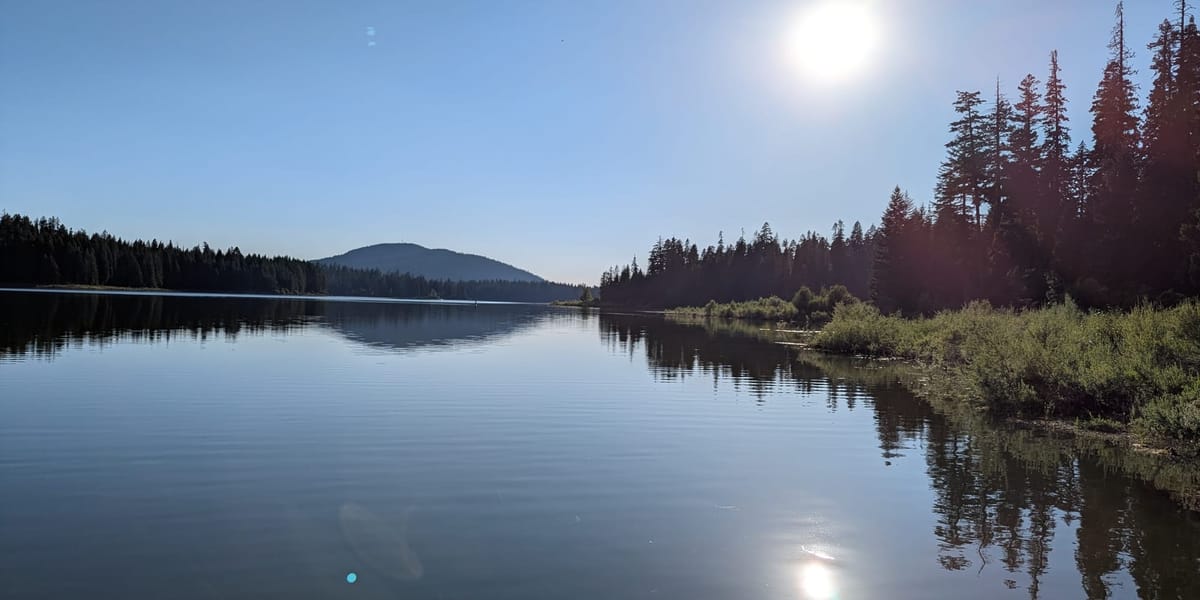
I recall the events of August 11, 2024. Strider and I walked through Hanover, NH, home of Dartmouth College. This was my first visit to the proximity of an Ivy League college and our first day of the AT in New Hampshire.
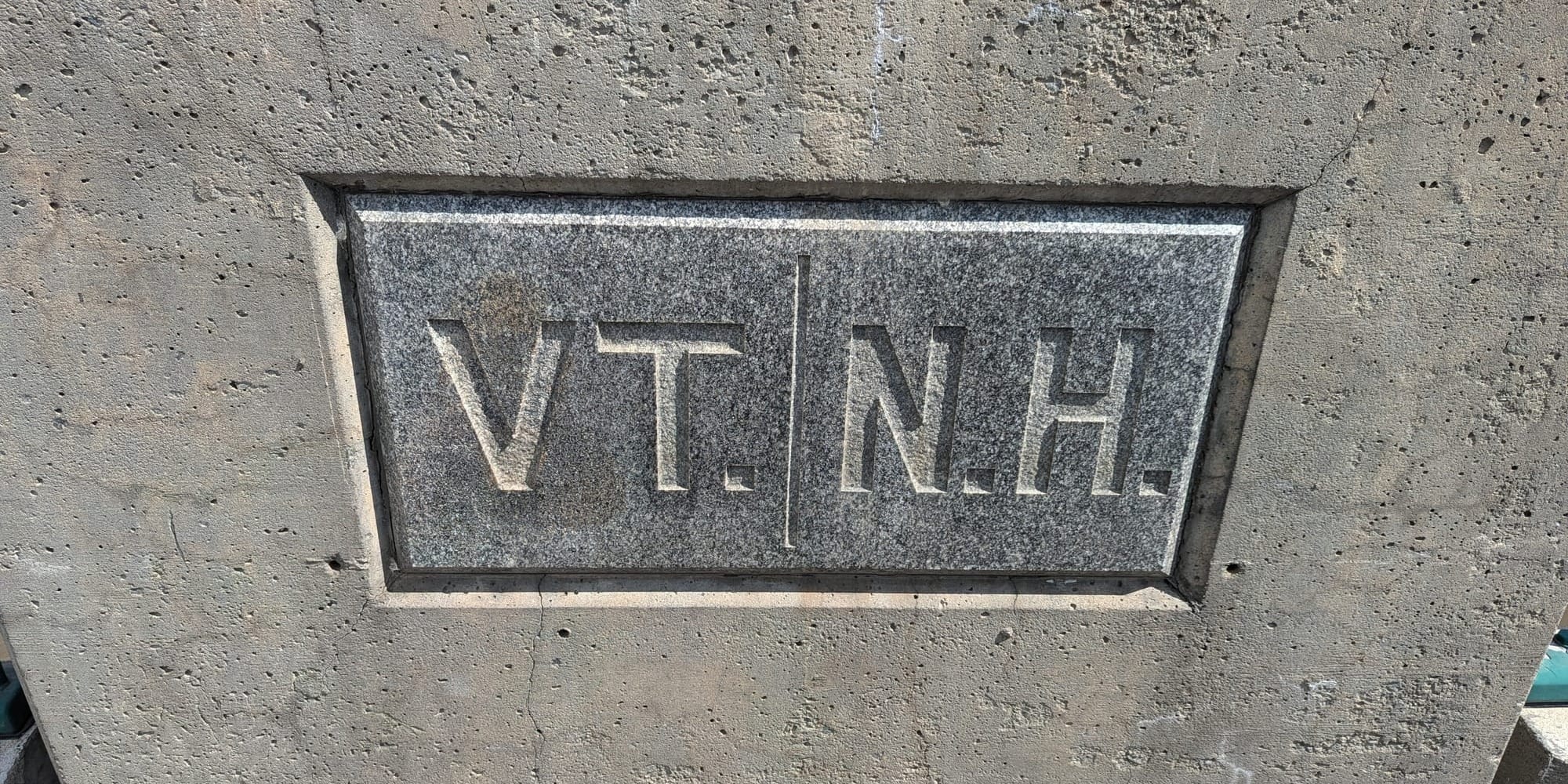
On the main strip adjacent to campus, we observed that everything was impossibly clean and kept. Perfect little cafes and coffee shops lined the street. Young people with perfect appearance frolicked about in the town, enjoying their Sunday.
We did not stop in Hanover. Compared to all of the places we had previously walked through, the campus town and the people in it seemed, from the street, like an arrangement of immaculate facades. It felt more like a movie set than a place where people live and work.
People can wear facades for various reasons. They may intend to make a specific first impression or wear an air of flawless professionalism. They may attempt to hide a truth from casual observers, intentionally or not. Invariably there is a true, vulnerable nature at some distance or number of layers behind the facade, maybe even behind their own reflective self-image.
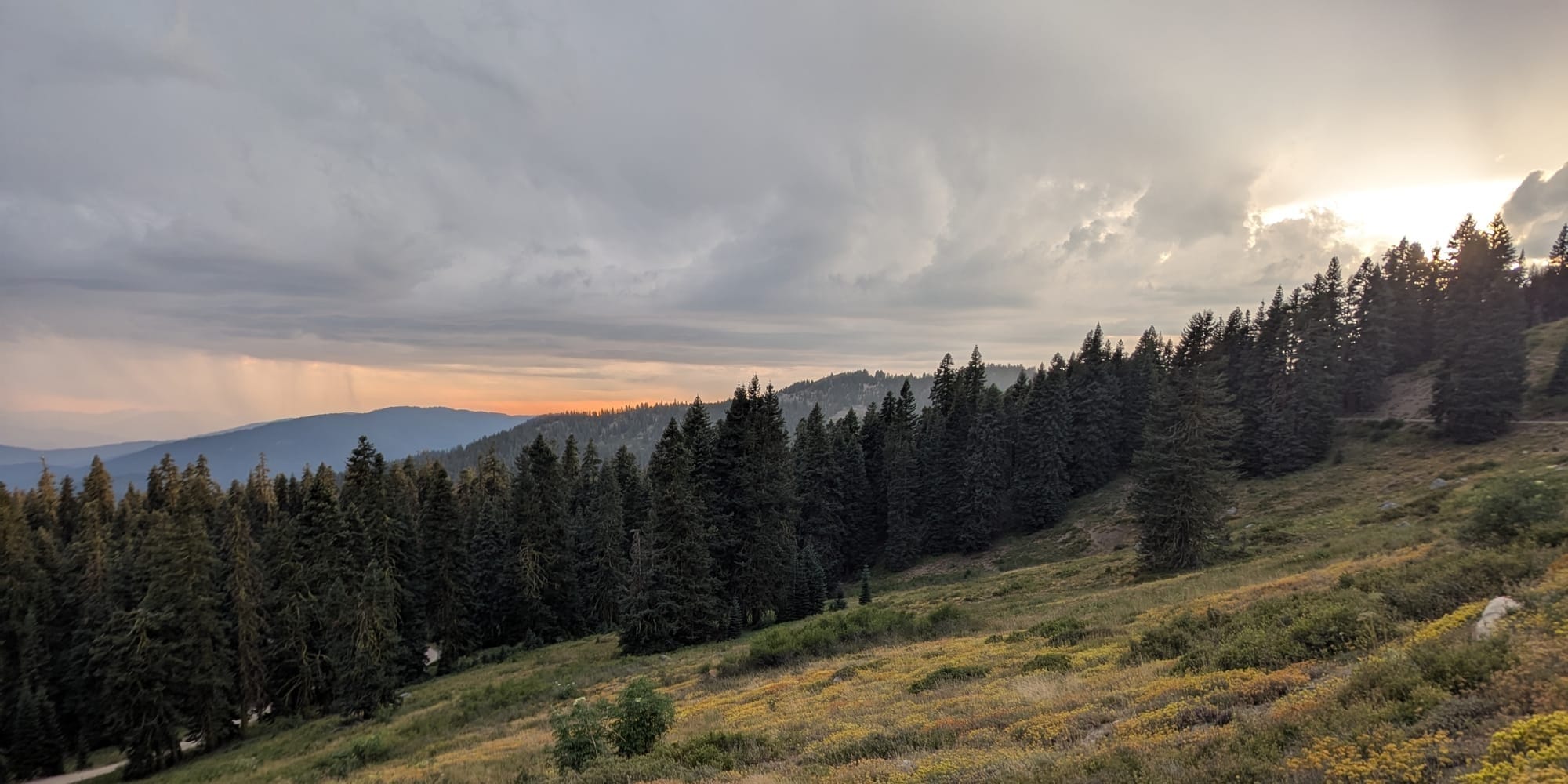
When I started hiking the AT, I did not have specific outcomes in mind other than trying to finish the entire trail. I did start with the condition that I would immerse myself in the experience and expose myself to everything it had to offer. The theme of the trip was removing myself from my comfort zone. It wasn't until the next year that I realized why I had to hike the AT and to do it the way that I did.
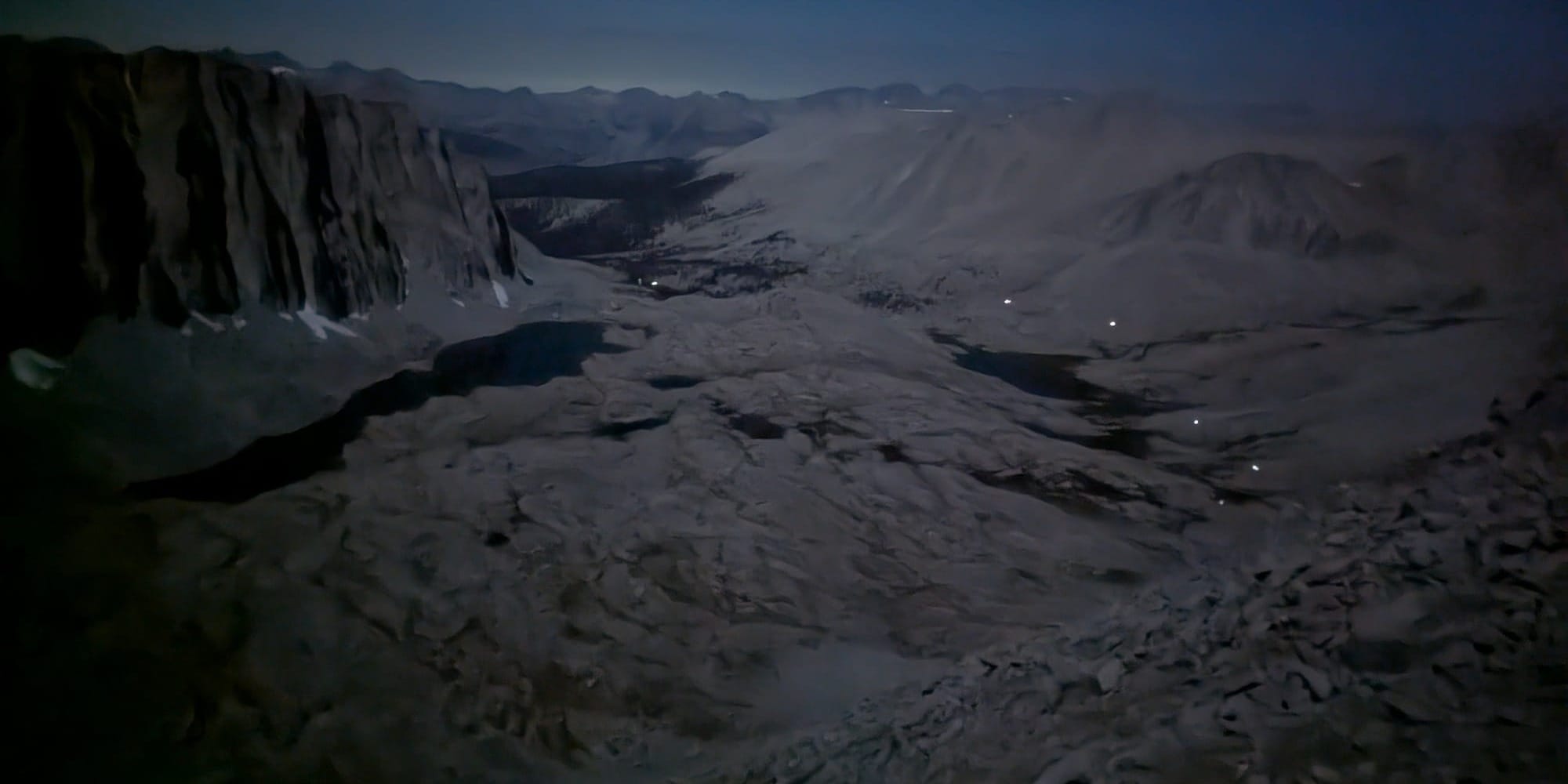
Very early in the trip I found good reason to introduce myself to almost everyone I met at the shelters. Meeting strangers had never been comfortable to me before, but pragmatism had, and I realized that any positive interaction fosters trust on at least a surface level. Hikers are the first line of support for other hikers in material ways if not others. You never know when you might need something from another, or they might need something from you.
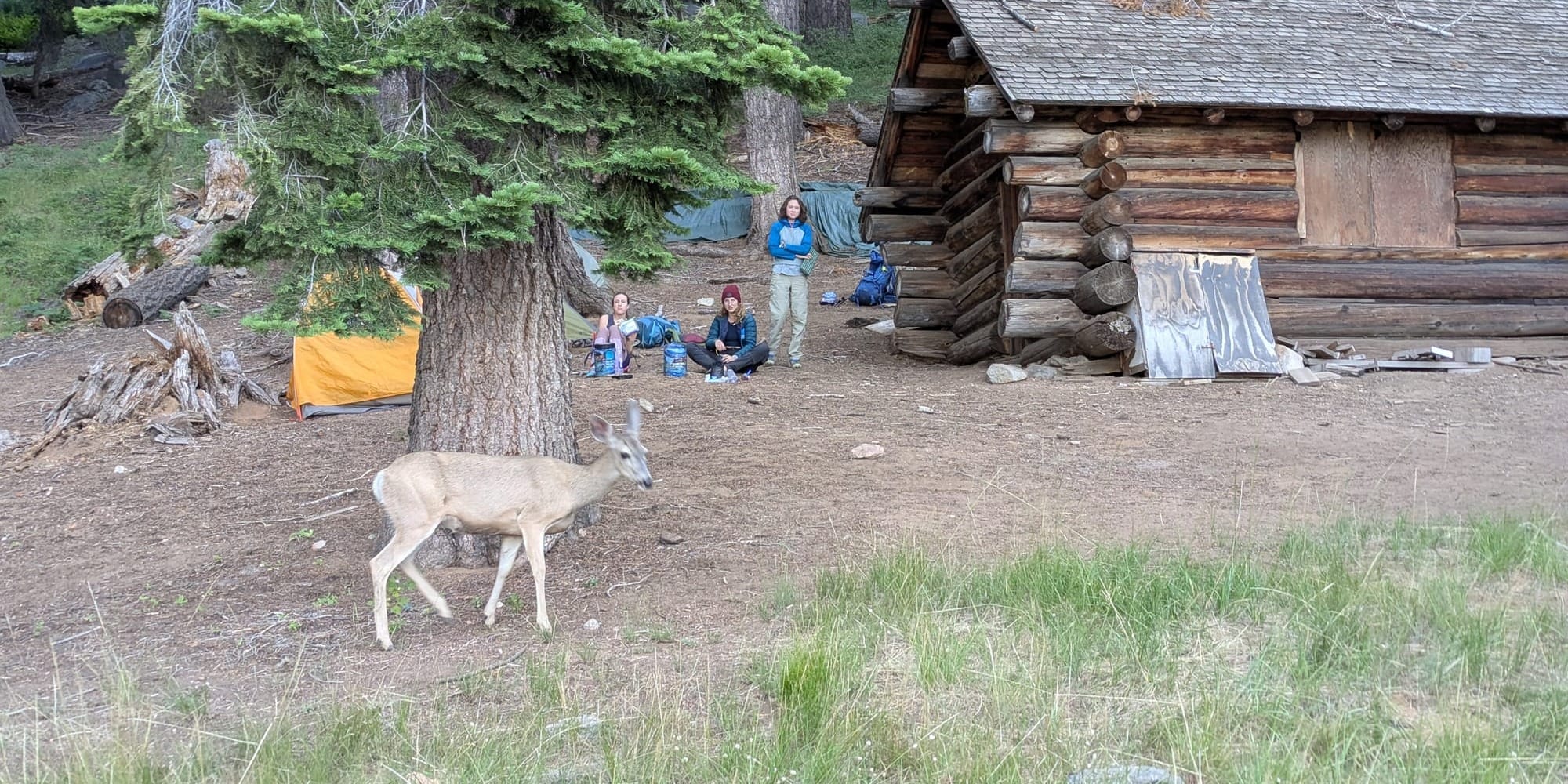
As I gained confidence in this new and welcoming social environment, I started opening up more to people. This usually happened while hiking, because it was the easiest time to converse with people one-to-one; the campground social setting was usually more fun and chaotic and less personal.
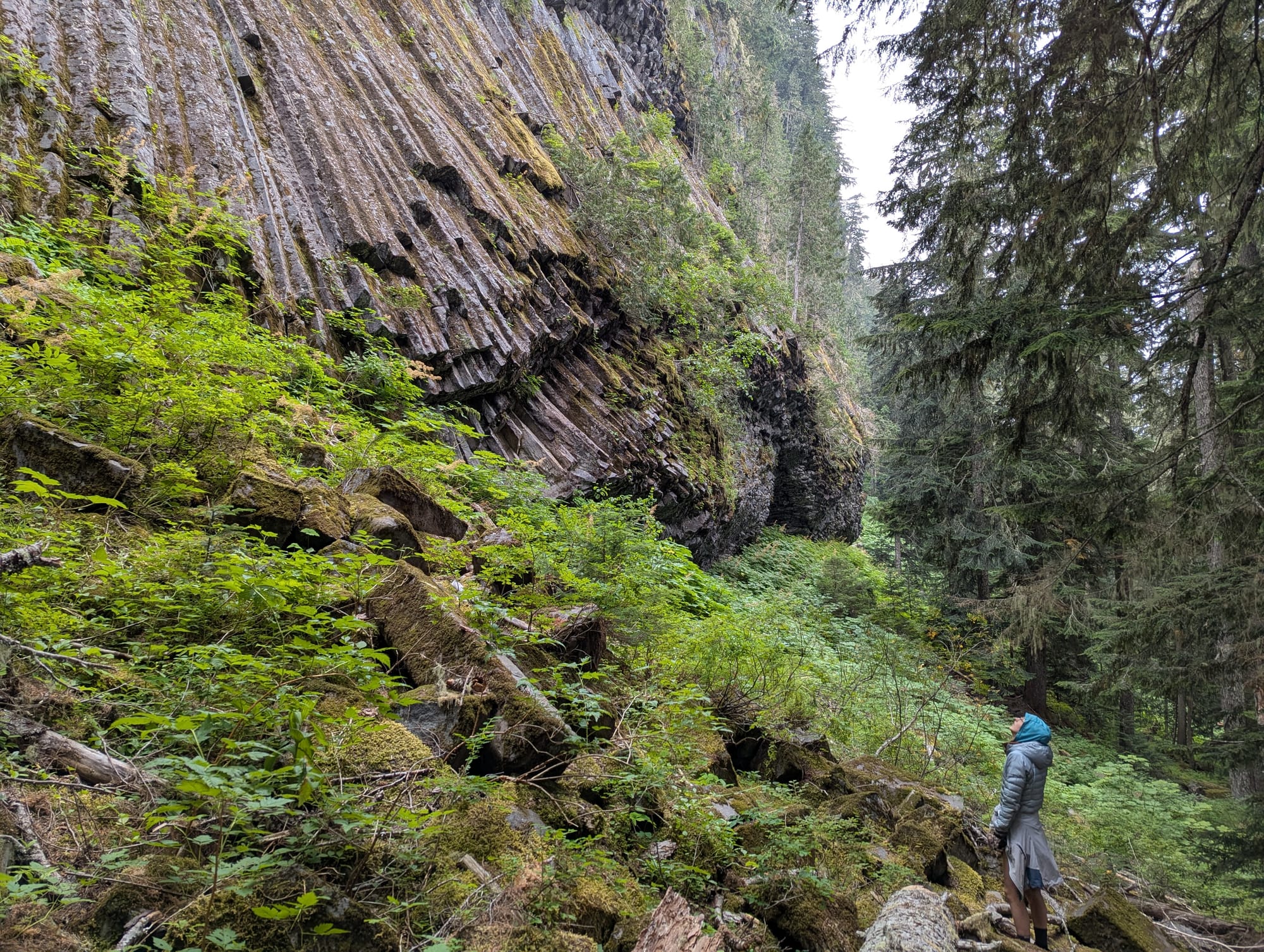
I compare this interpersonal time while hiking to cooperatively reflecting back upon the facades behind my own view; opening doors leading to my true story and identity, which were obscured from my consciousness by time and neglect.
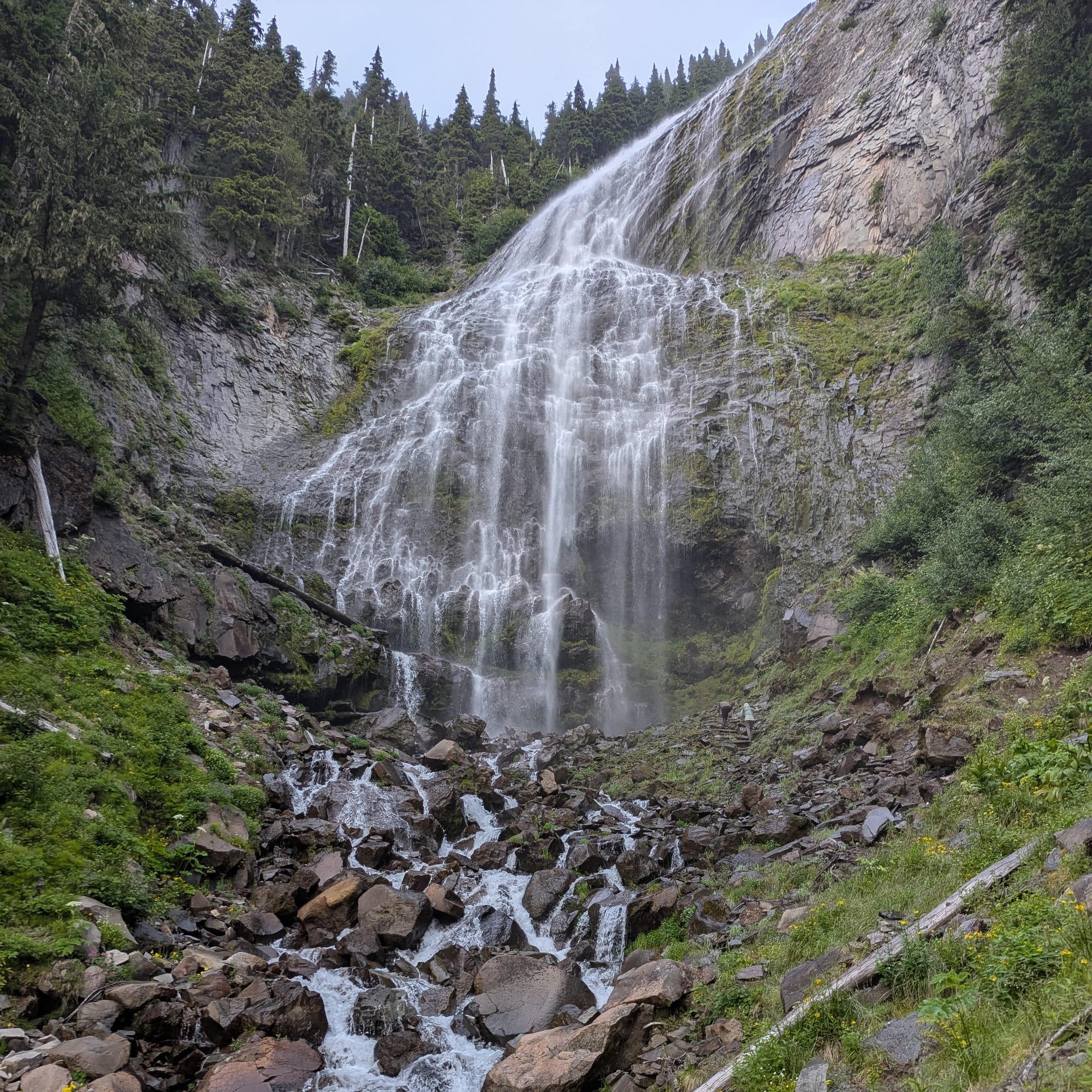
I found that some people were more receptive and supportive than others, but overall the response was positive. My confidence and trust in my peers grew. In a way, vulnerability is showing your back to someone as you both examine the facades behind you and walk through the doors. With enough practice, your front is revealed.

As my tolerance for vulnerability grew, so did my appreciation and practice of support. A two-way street of vulnerability and support is a supremely healthy bonding experience. Friendship can be its own kind of therapy.

Sometimes, when beholding a trusted friend, I find familiar parts of myself in their character. In this way people are mirrors, reflecting back what we must look like from the outside. Similarly, we can find ourselves infected by each other's mannerisms in an endearing way.
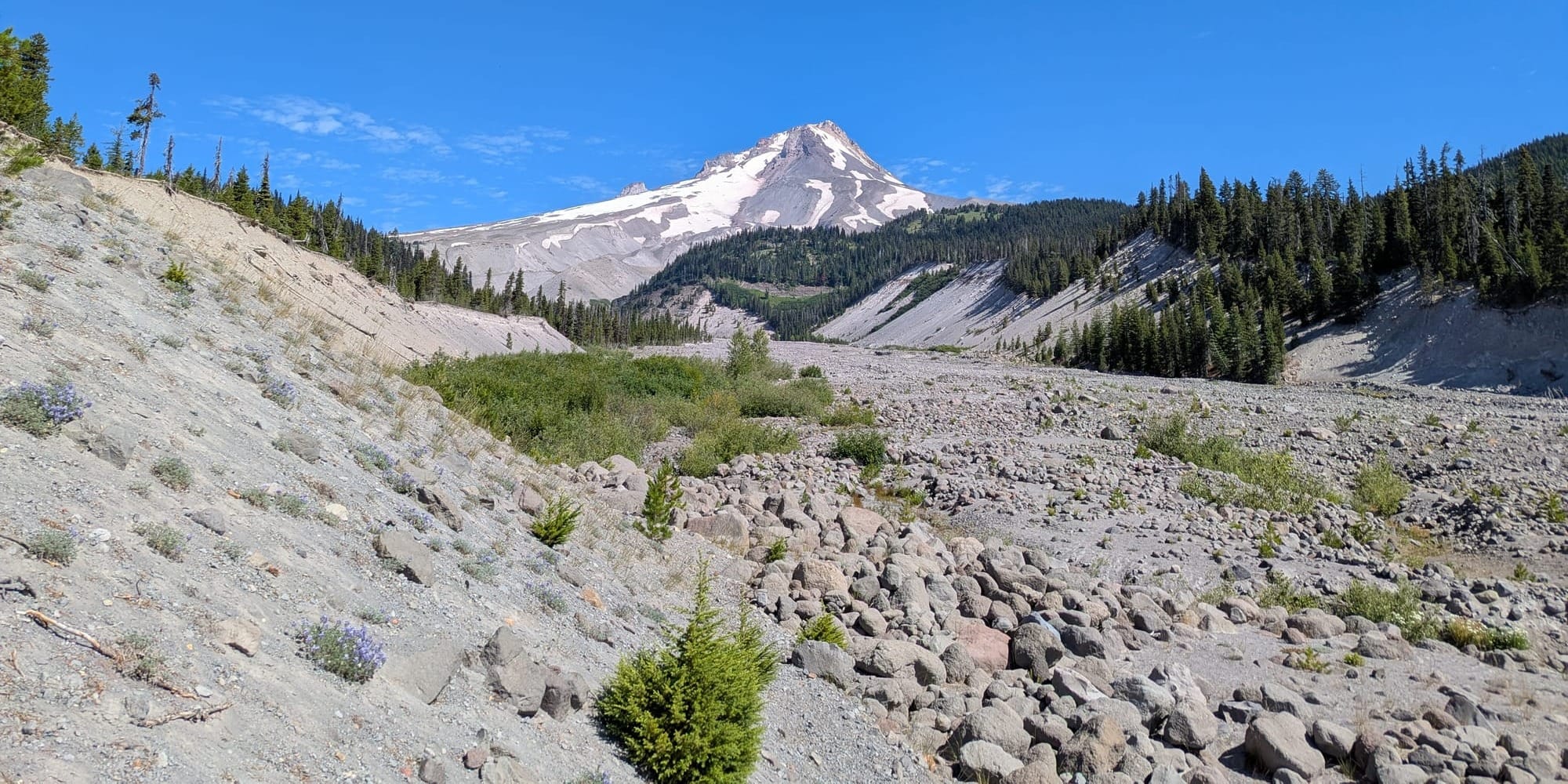
In my memory there has never been a time that a person has shown me vulnerability and I did not respect them more for it. Realizing this, the risk feels smaller. With practice, the reward feels more consistent. Even the rare sting of criticism or rejection feels more manageable, because removing the armor is worth it.
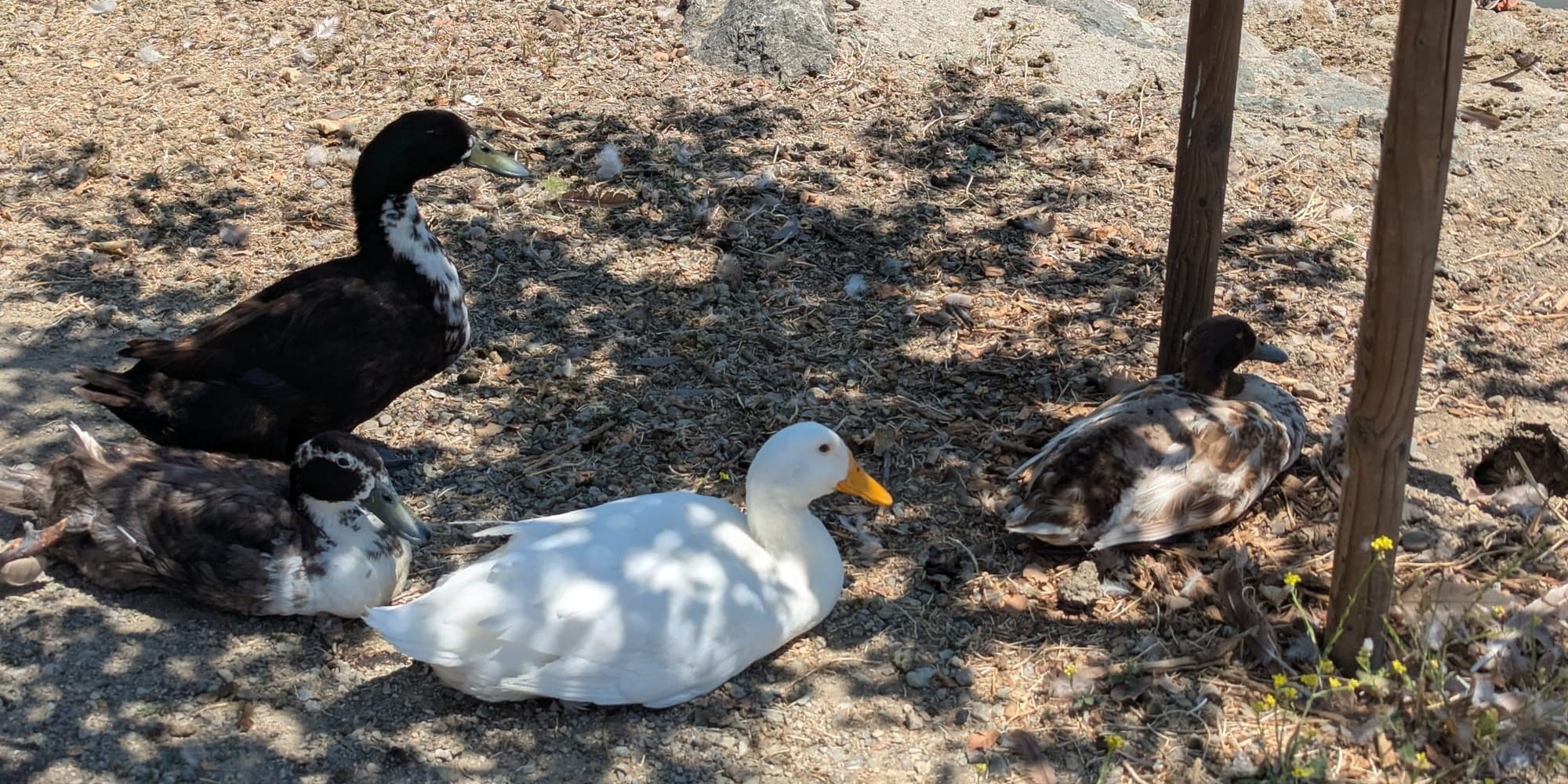
Now, a year and a half after starting the AT, I feel like I know my own story. Nobody can project their own fiction onto me. I understand why my emotional maturity took so long to grow. I allow myself to give and receive love. I owe so much to the people I met on the trail, and some I had met before.
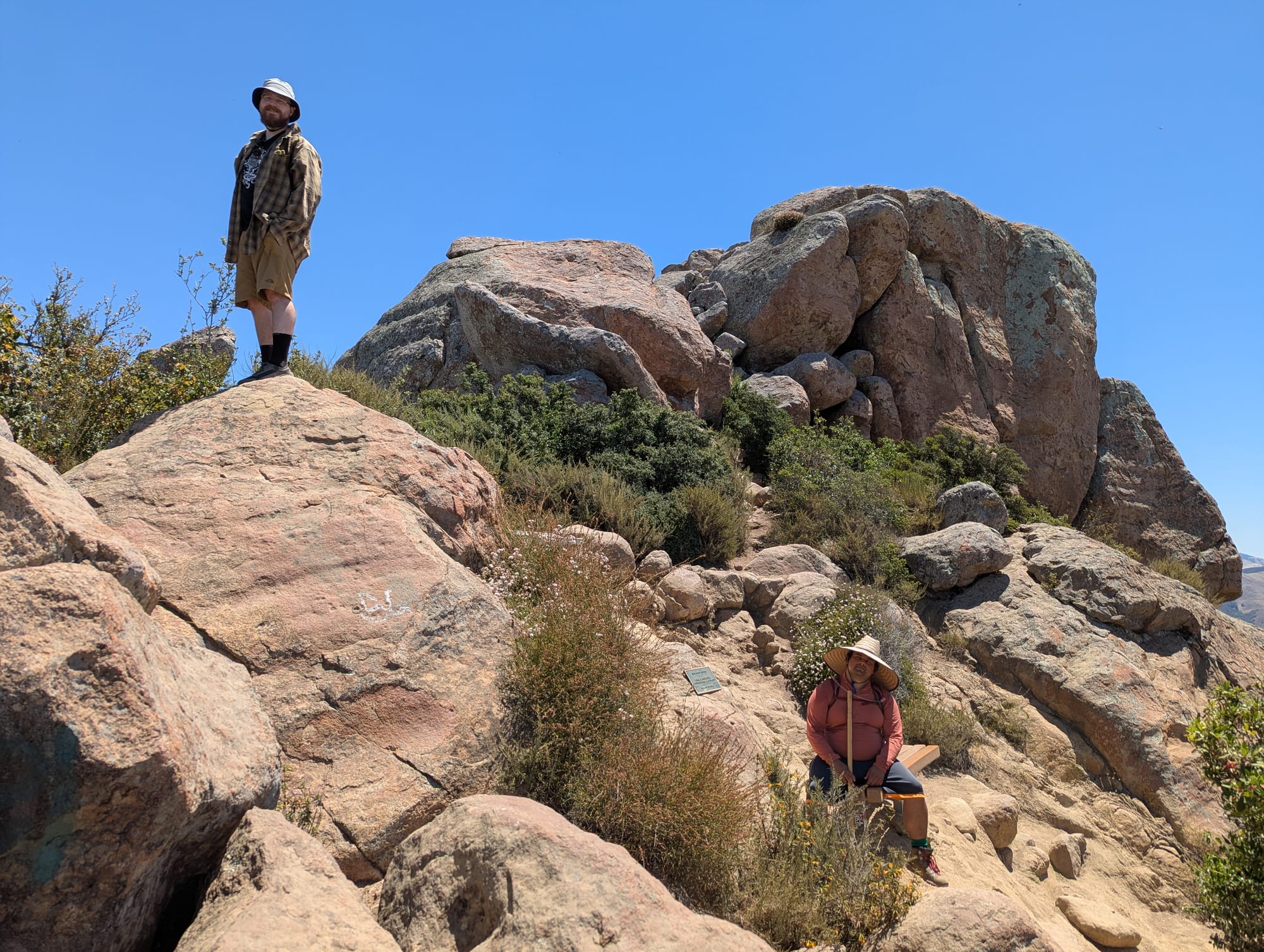
My road trip this year has been a continuation of the practice of vulnerability and support, with some new people and in new settings. I have driven almost 8,000 miles and expect to be away from home for about two more months. Life on the road is not always glamorous, but it is ultimately worth every ounce of discomfort and inconvenience to be so free and in such good company.
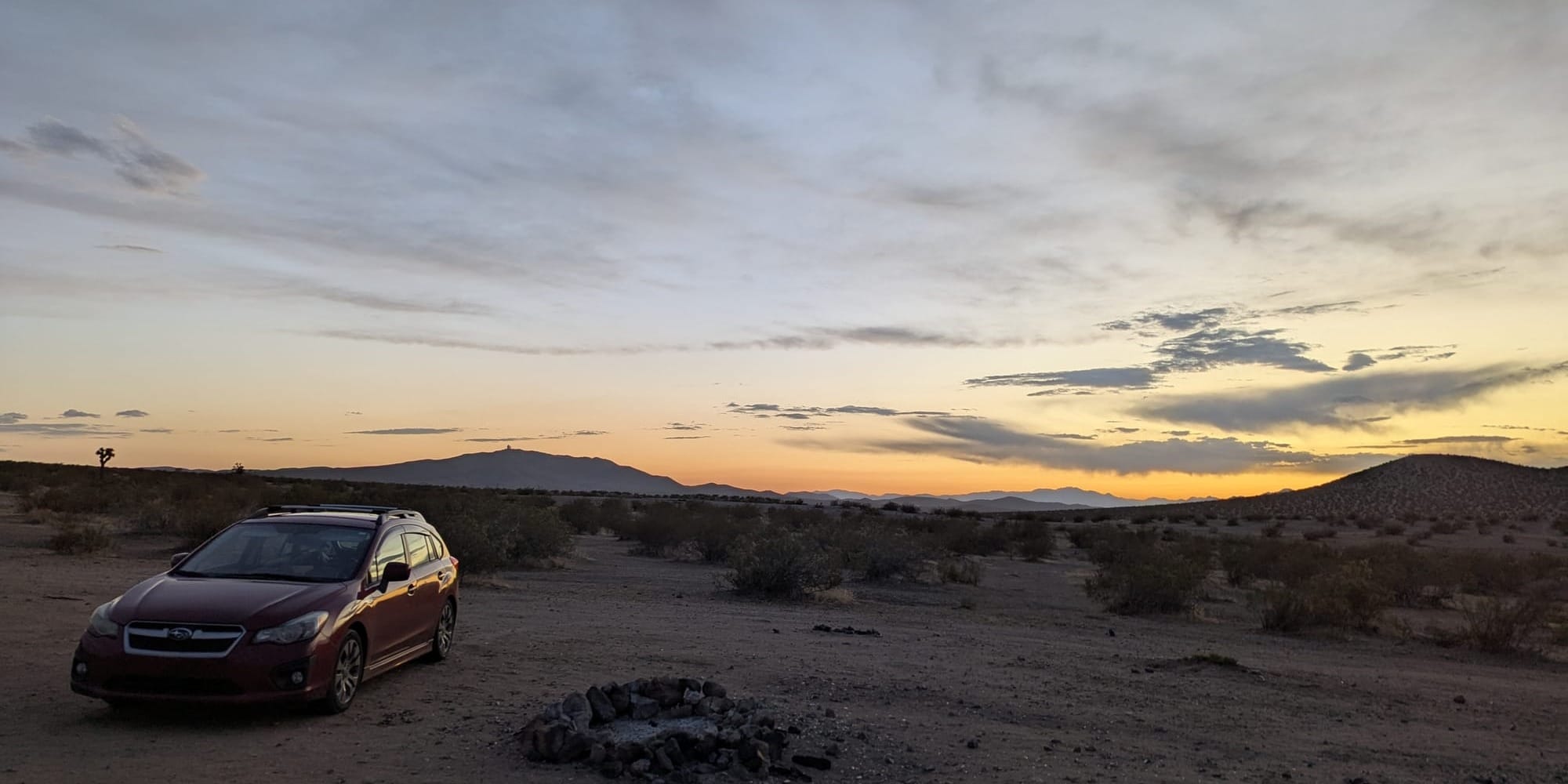
When I started writing new songs around the time of my first arrival at Harper's Ferry last year, I decided I would throw out any song that didn't make me laugh or cry while working on it. When I started writing about vulnerability this year, it didn't make me laugh or cry. It just made me feel bigger; expanded in every direction.